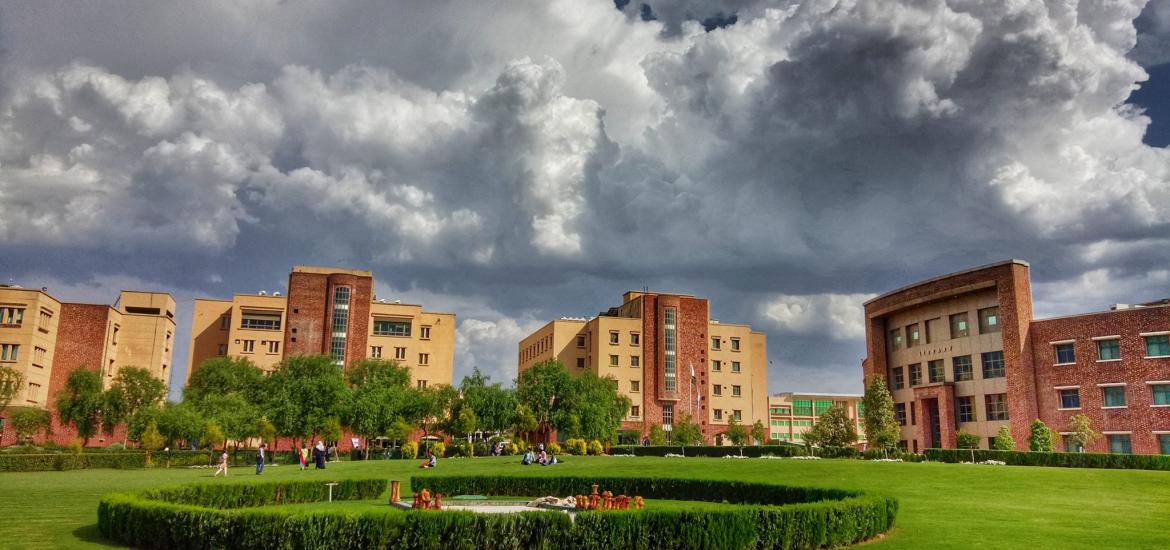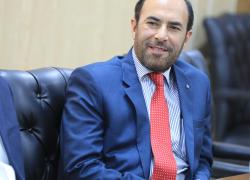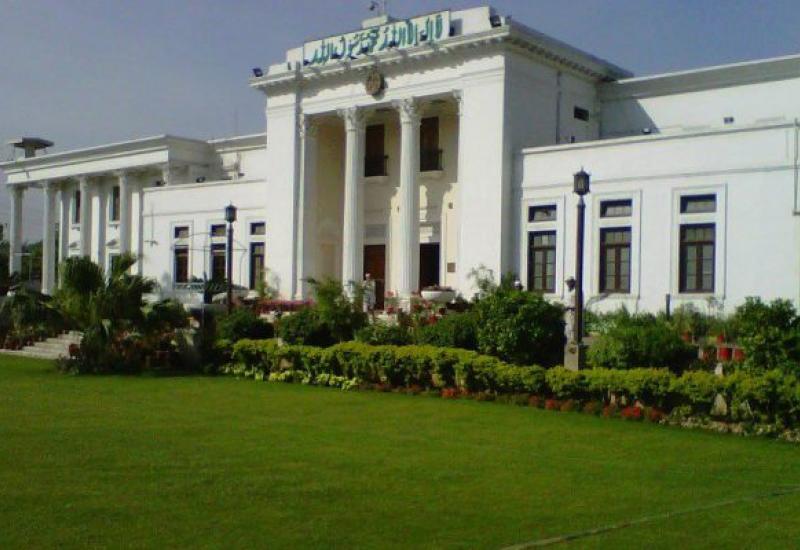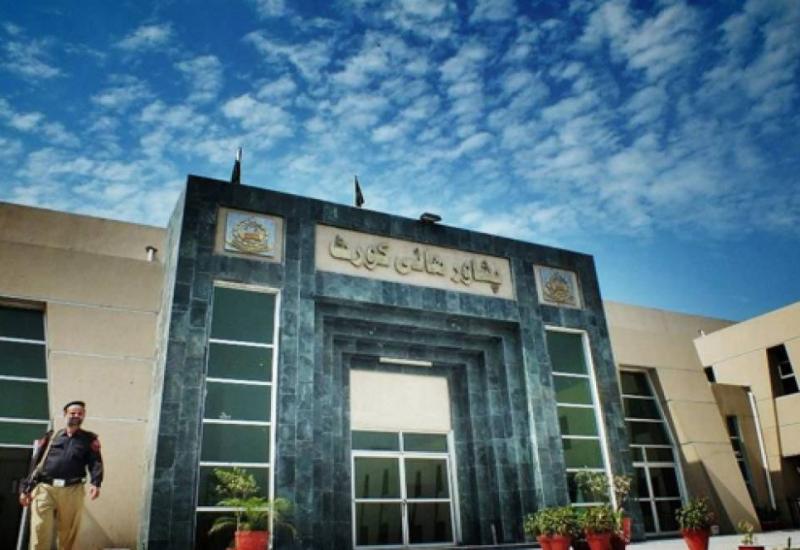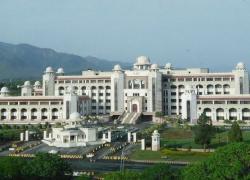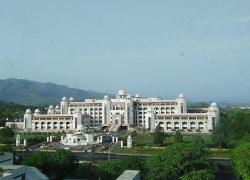Emerging Financial Crisis in the Public Sector Universities in Khyber-Pakhtunkhwa and its deep-rooted ramifications
The public sector universities in Khyber-Pakhtunkhwa are reported to be in the grip of a severe financial crunch once again and the three major universities (i.e., University of Peshawar (UoP), Islamia College University, Peshawar (ICUP), University of Engineering Technology, Peshawar (UET) are the hardest hit besides others and palpably may not be able to pay salaries to the employees this month. Similarly, Agriculture University Peshawar is also confronted with severe financial crunch.
This blog post takes a stock of the current state of the financial crisis in the public sector universities in the backdrop of the recently announced bailout package by the government for the six public sector universities in the province with a prime focus on the following areas:
- Historical Background of financial crunch in the public sector universities
- Implications of financial crunch in the public sector universities
- Response of the Government to cope with the situation
- Emerging situation
- Remedial measures
These important areas are discussed here at length:
1. Historical Background of financial crunch in the public sector universities
Historically public sector universities in Khyber Pakhtunkhwa have been confronting financial crisis for the last couple of years. Since, the government has tightened up the flow of funds to public sector universities, hence, educational institutions across the length and breadth of the province have been confronting a stiff financial crunch.
The deplorable financial health of the universities remained one of the greatest challenges for the Vice-Chancellors. This state of affairs generated serious apprehension in the public sector universities, during the last couple of years. The issue has been raised through mass media. The academics, faculty members and university administrators talked a lot about it. Nonetheless, the issue failed to grab the attention of the people at the helm of affairs in the past in order to address the same, once for all.
2. Implications of financial crunch in the public sector universities
This situation has badly impacted the academic activities in the universities as public sector universities are predominantly dependent on the government’s financial support to run their business.
Some of the universities are on the brink of closure, others are unable to pay salaries to the employees and some did not have adequate money to pay utilities. Despite credible reassurances, necessary funding has not been made available to the higher education institutes and as a result, the situation deteriorated, over the last couple of years, to the extent that some of the universities have started thinking in terms of closing various academic programs till the situation improves.
Indeed, public funding is the premier source of financial support for state-run universities. Without generous government funding, it would not be possible to run academic as well as the administrative business of the universities. In the backdrop of serious budgetary constraints, the public sector universities have other matters of a serious concern than attaining academic excellence.
Time and again, the staff and faculty of these universities boycotted their classes to force the government to release funds to these universities and to compel the management to raise their salaries besides accepting their other justified demands in the recent past. The Gomal University has been facing the perpetual problem week financial health. The UET, Peshawar has also been suffering serious financial issues though it has been able to pay salaries and pensions well in time so far. very recently the teaching faculty and other staff of the historic Islamia College University launched a complete boycott of class to press the university administration for acceptance of their demands.
3. Response of the Government to cope with the situation
In a welcoming decision, the government of Khyber Pakhtunkhwa recently announced a bailout package, to the tune of Rs. 1.985 billion for the six public sector universities in the province in the backdrop of a serious financial crunch these seats of advanced learning have been facing since long.
The cabinet committee, chaired by Mr. Taimur Salim Jhagra, finance minister, government of Khyber Pakhtunkhwa after extensive consultation with all key stakeholders developed a consensus to grant 1.985 billion to the six public sector universities including Rs. 50 million each to Abdul Wali Khan University Mardan (AWKUM) and University of Peshawar (UoP) as performance grant on their improved performance concerning austerity, rationalization and self-sustainability.
As per the decision made by the provincial cabinet, the University of Engineering and Technology (UET) Peshawar was allocated a sum of Rs. 373 million. Islamia College University (ICU) Peshawar was granted funds to the tune of Rs. 200 million. Abdul Wali Khan University Mardan has been given Rs.290 million. This university shall also receive Rs50 million as an additional amount for its performance.
For the Agriculture University Peshawar, the provincial government agreed to provide Rs. 422 million. Gomal University Dera Ismail Khan shall get Rs. 200 million. In the case of the University of Peshawar, the government consented to provide Rs. 400 million in addition to the Rs. 50 million performance incentive.
This is not only a reflection of the PTI provincial government’s commitment to promote higher education in the province but also a manifestation of the practical steps undertaken by the government to help the public sector universities in the hour of pressing need. However, ironically the commitment made by the government could not be translated into action till date and the committed funds to the concerned universities have not been released so for.
4.Emerging situation
The financial crisis has created a great deal of fear and apprehension in the public sector universities during the last couple of months. The employees of these universities are concerned that if the government failed to provide the desperately needed funds to the universities, then they would not be able to pay salaries to the employees for the month of June. They warned that if universities were not provided with the much-needed funds on an urgent basis then they would have no other option but to give a call for a strike once again and a boycott of the classes would be announced too which again has its own ramifications.
In a recent development, the associations of teaching and non-teaching staff of various universities in the province have started protesting against the government for not providing sufficient funds to the universities and curtailing various allowances of the universities’ employees in the face of skyrocketing prices and severe inflation.
5.Remedial measures
In such a scenario, one of the widely used remedial measures at the disposal of the universities to management is to enhance all sorts of fees including admission as well as examination fee and curtail perks and privileges of the employees. These extensively despicable and highly unpopular measures shall yield undue discontent in the students as well as employees and the universities wouldn’t be able to afford it. For this, the universities shall have to explore other sources of revenue generation. To meet this end university has to transform itself, to cope with the changing needs of industry, by producing demand-oriented and marketable output in terms of highly skilled human resources. Ironically, the possibility of such a mechanism has never been explored until very recently.
Besides, the Vice-Chancellors shall have to persuade the provincial government to shoulder the responsibility to help the universities, across the board, to overcome the prevalent financial crisis as the public sector universities always need government financial injection. In the absence of such an outright support, it wouldn’t be possible for these institutions to sustain their operations. If the government stops subvention to these universities, they will have to virtually wind up their business.
Moreover, the situation will further deteriorate to the extent in the coming days that the universities shall not be able to pay even salaries to their employees let alone realizing its strategic vision and playing its due role of national economic development in the knowledge-based economy.
Conclusion
The universities shall also have to ensure that the core principles of accountability, fair play and transparency are taken into consideration at all stages of financial management while framing and implementing key decisions. Getting full value for money with a robust internal control system and spending money for the purpose and in the manner prescribed by the university’s financial rules to secure a financial base sufficient to allow the universities to realize its vision, mission, aims and objectives.

